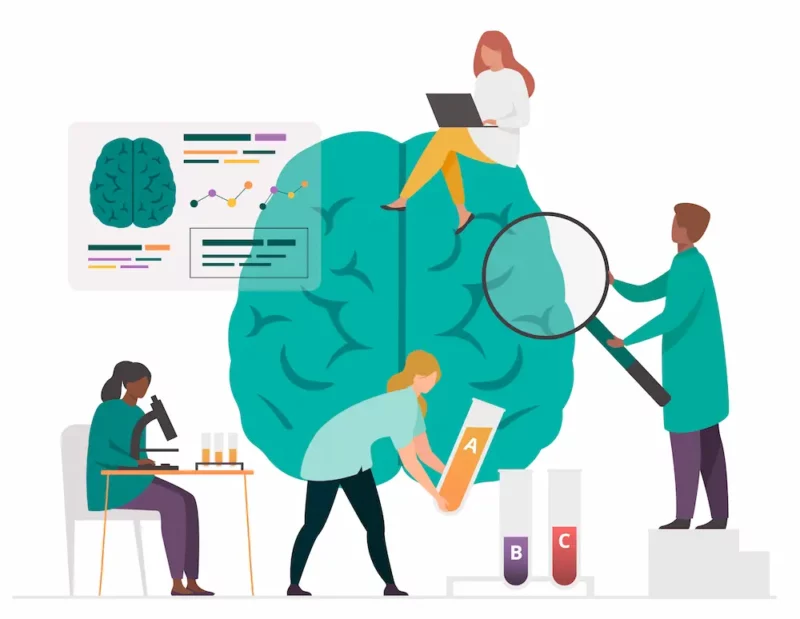One of the significant challenges in the realm of cyber attack detection is the scarcity of training data, which remains a formidable obstacle. Despite the utilization of established network monitoring tools like Wireshark, a vast number of individuals are still at risk due to the absence of information regarding website behaviors and features that can...
Implementation of machine learning and data mining to improve cyber security and limit vulnerabilities to cyber attacks
The human factor in cybercrime and cybersecurity
A Research Agenda publication aiming to stimulate research on the human factor in cyber crime and cyber security. This book offers examples of unanswered research questions and methods and datasets that could be used for future studies.
ABC of behaviour change theories
83 theories of behaviour change that could be used to design behaviour change interventions are discussed in detail.
The righteous mind: Why good people are divided by politics and religion (Chapter 7)
In chapter 7 of this book, Jonathan Haidt draws on economic and social psychological research to show how demonstrations of violations of care, fairness, loyalty, authority and sanctity can be used in different ways to promote both right wing and left wing politcal messages. The same triggers, notes Haidt, can lead to different behaviours.
The power of habit: Why we do what we do in life and business
In this book, Charles Duhigg draws on psychological and neurological research to introduce the concept of habit loops. According to the book, habits are formed when a cue that leads to a behaviour leads to a reward. Changing habits requires amending habit loops.
Switch: How to change things when change is hard
According to this book's authors, we need only understand how our minds work to unlock shortcuts that can lead to long term behavour change. This book explores how our minds work and some shortcuts that might be of use when seeking to change human behaviour.
Managing the unexpected
What makes some organisations more reliable than others? The authors of Managing the Unexpected believe the answer lies in the differences in behaviours and learning styles of highly reliable organisations and organisations that are relatively unreliable. This book delves into the specific behaviours and processes that help make orgnisations reliable and responsive to unanticipated threats...
Suicide: A study in sociology (Routledge Classics)
Why does suicide happen? What goes wrong? Why is it more common in some places than others? Emile Durkheim seeks out the answers in a classic text, offering an insight into the social frameworks in which we operate.
